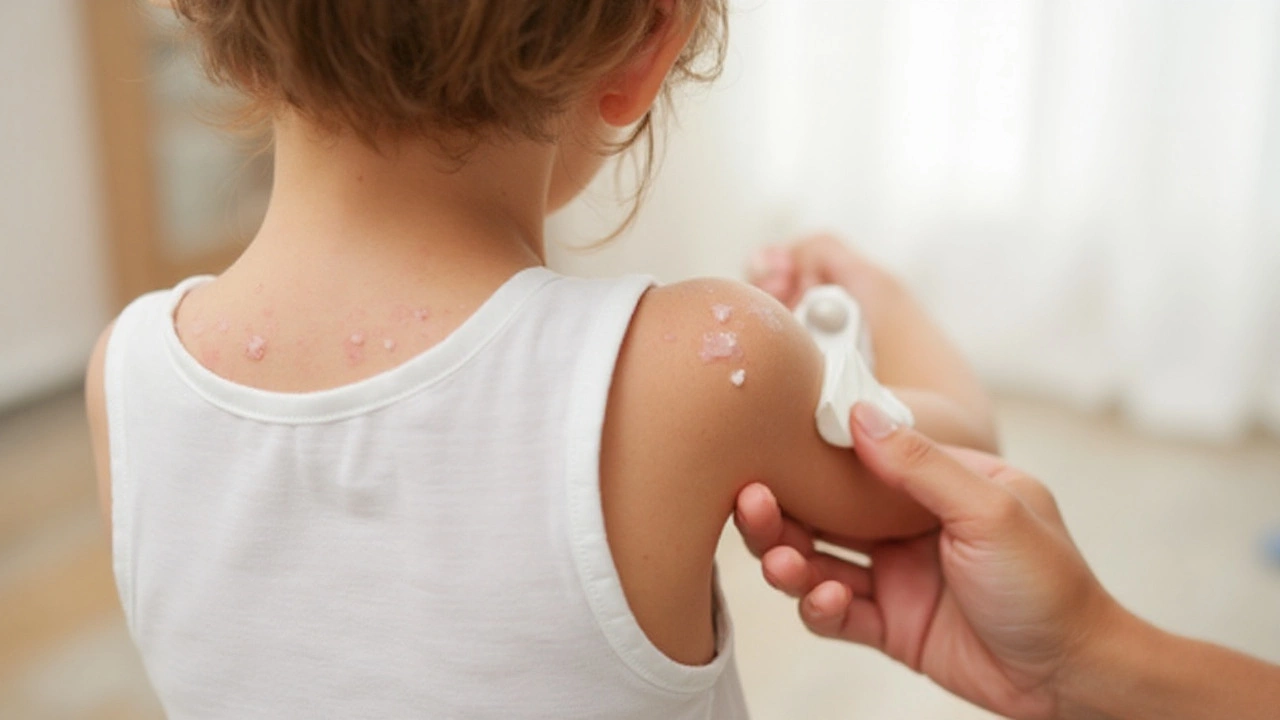Chickenpox Vaccine: What You Need to Know
Chickenpox might seem like just a childhood rash, but it can cause serious complications, especially for adults and people with weak immune systems. The good news? A simple shot called the varicella vaccine stops most cases before they start. Below we break down everything you need to decide if it’s right for you or your family.
Why the vaccine matters
The virus that causes chickenpox spreads easily through the air and on surfaces. Even if your kid recovers quickly, they can still pass the virus to younger siblings, pregnant moms, or elderly relatives who could get very sick. Getting vaccinated cuts the chance of infection by about 90 % and makes outbreaks far less common in schools and communities.
Besides stopping the rash, the vaccine protects against rare but dangerous complications like pneumonia, brain inflammation (encephalitis), and bacterial skin infections. For adults who missed the shot as kids, a single dose can still boost immunity and keep those risks low.
How the shots work and what to expect
The varicella vaccine is an injectable, live‑attenuated virus. That means it contains a weakened form of the chickenpox virus that can’t cause full‑blown disease but still teaches your immune system to recognize and fight it. After the shot, your body builds antibodies that stay around for years, often for life.
Typical schedules differ by country, but in most places the first dose is given at 12‑15 months old, followed by a second dose at 4‑6 years. If you’re an older child, teen, or adult who never got vaccinated, a two‑dose series spaced four weeks apart is recommended.
Side effects are usually mild. Most people feel a sore arm or a low‑grade fever for a day or two. A tiny rash may appear at the injection site, but it’s harmless and goes away quickly. Serious reactions are rare—less than one in a million doses.
People with weakened immune systems, such as those on chemotherapy or taking high‑dose steroids, should talk to their doctor before getting the vaccine. In some cases, they may need a different protection plan, like receiving the vaccine in a controlled medical setting.
There are a few myths that still float around. One common myth is that the vaccine can cause real chickenpox. The truth is the virus in the vaccine is so weak it never leads to the full disease. Another myth says you don’t need the shot if you’ve had chickenpox before. Even after a natural infection, the vaccine can give you extra protection against shingles later in life.
Bottom line: the chickenpox vaccine is safe, effective, and a key tool for keeping families healthy. Talk to your pharmacist or doctor about the right timing for you or your kids, and you’ll be set for fewer doctor visits, less missed school, and a lower chance of spreading illness to vulnerable loved ones.

Chickenpox vaccine on NHS from January 2025: what parents need to know
England will offer the chickenpox vaccine free on the NHS from January 2025, using the combined MMRV jab at 12 and 18 months. The move follows JCVI advice and aims to protect around 500,000 children a year. Officials say the vaccine is highly effective and safe, and should cut hospital stays and missed school days. The rollout comes as routine childhood vaccine uptake has slipped below WHO targets.
View more